Blog
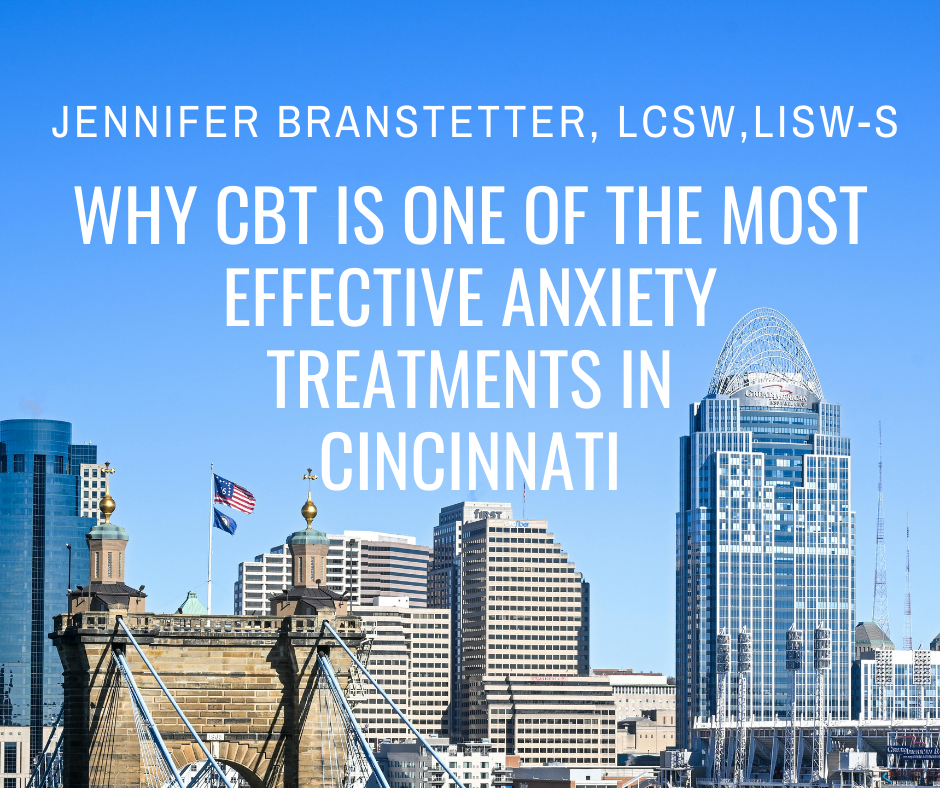
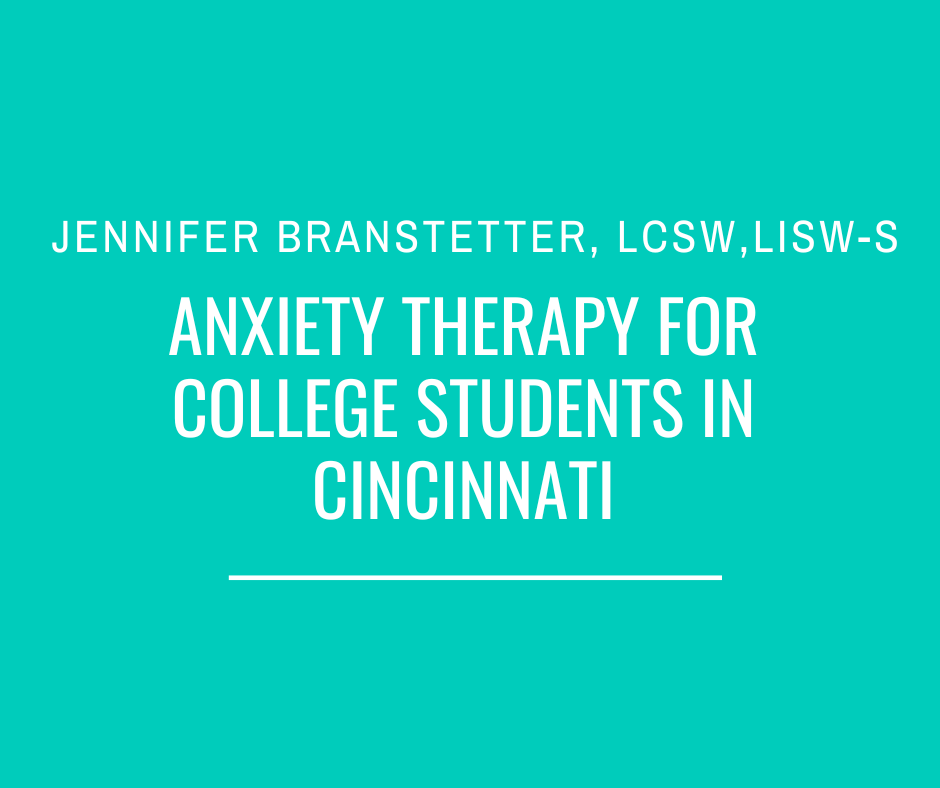
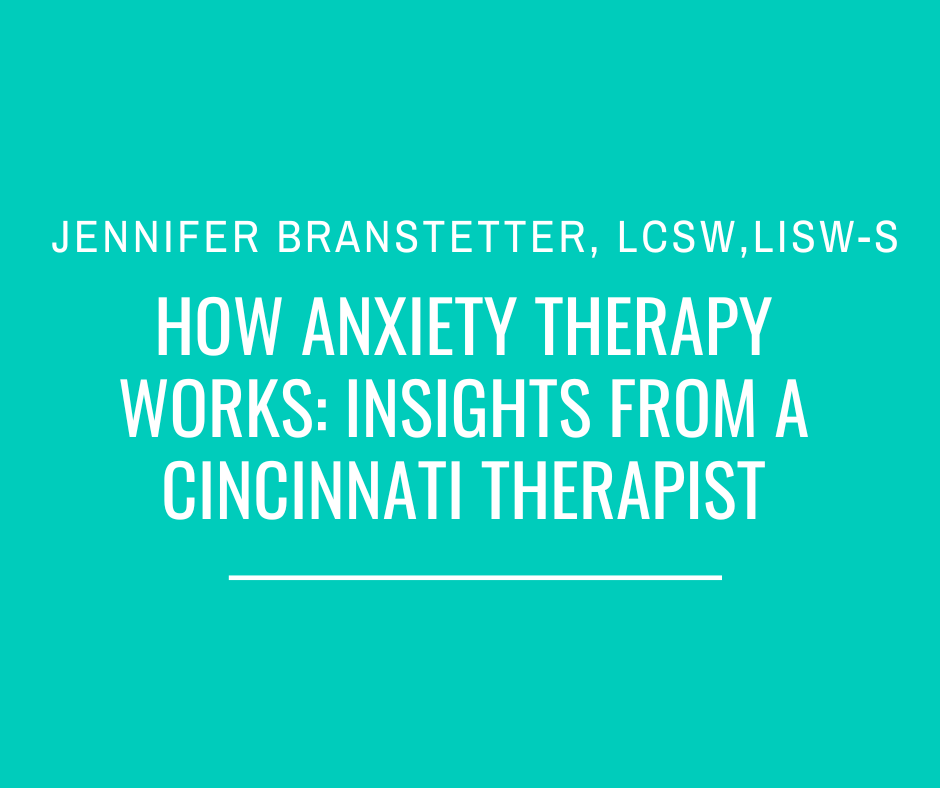

Former Gifted Kid Syndrome
Struggling as an adult after being labeled a "gifted kid"? Learn how perfectionism, burnout, anxiety, or undiagnosed ADHD may be affecting you—and how online therapy in Ohio and Indiana can help.
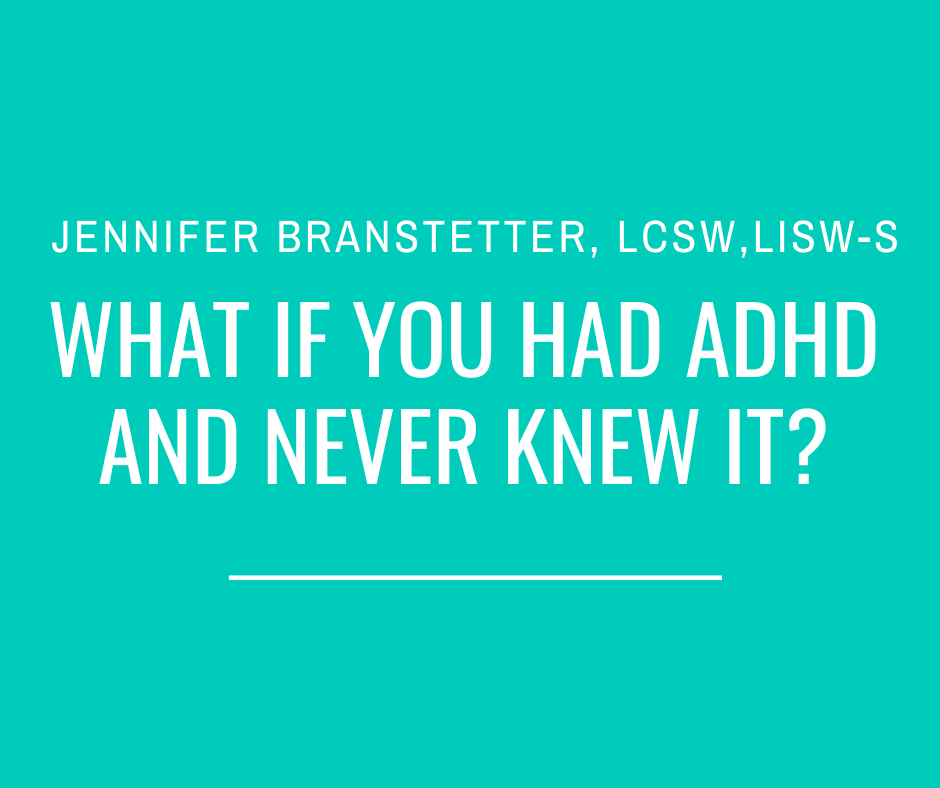
What If You Have ADHD and Never Knew It?
Could you have ADHD and not know it? Especially common in women and high-achieving adults, ADHD is often misdiagnosed or missed entirely. Here's what to look for—and how therapy can help.
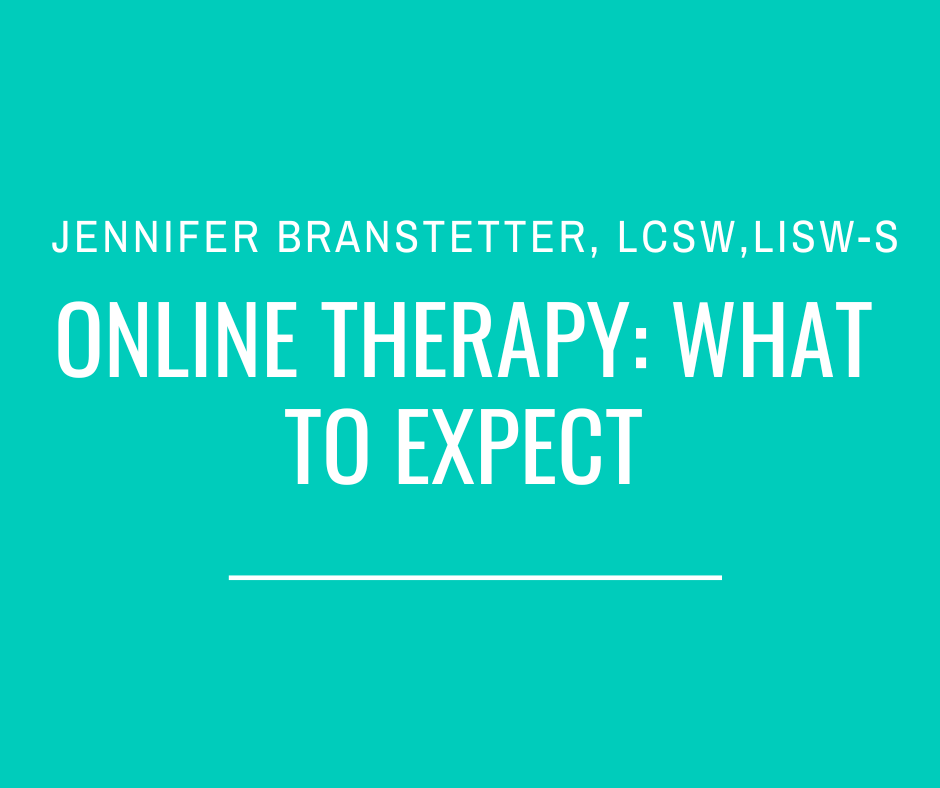
Online Therapy in Indiana & Ohio: What to Expect and Why It Actually Works
Looking for online therapy in Indiana or Ohio? Learn how virtual therapy works, who it helps, and why private pay therapy might be the best choice for your mental health.
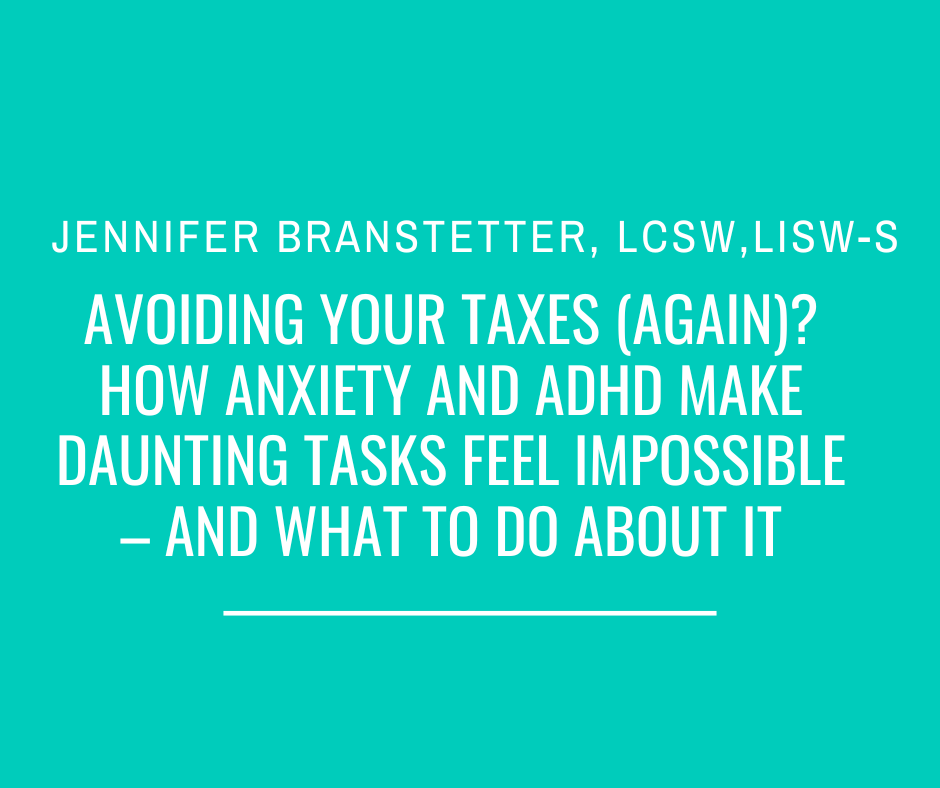
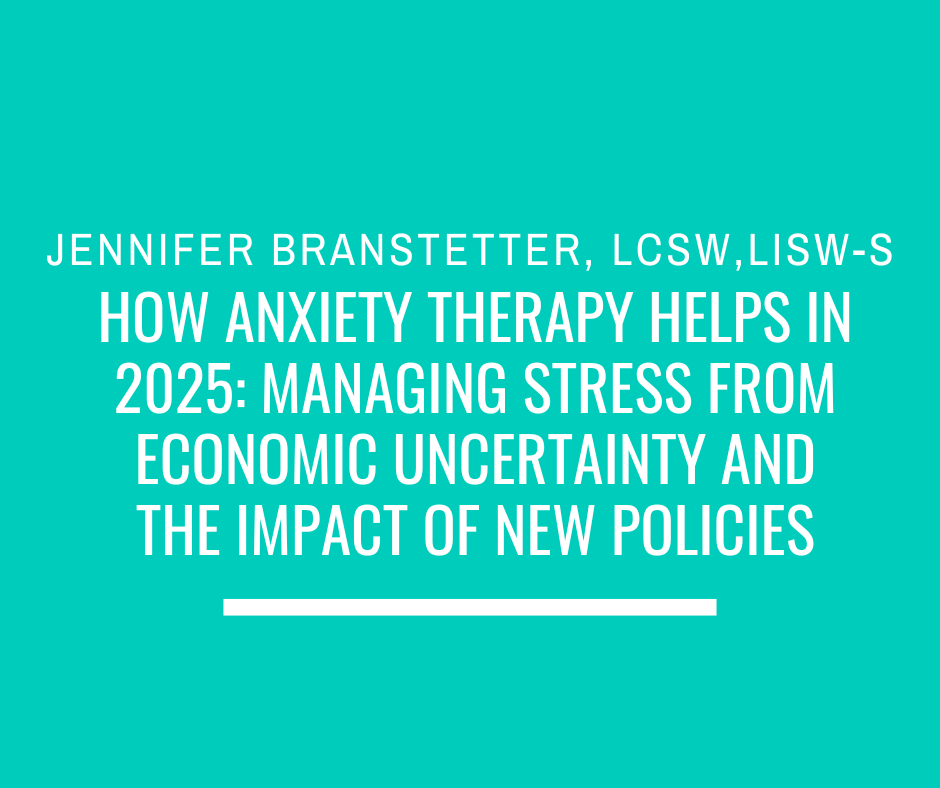

Finding the Right Depression Therapist in Cincinnati: Your Guide to Effective Treatment Options
Struggling with depression? Finding depression help Cincinnati, Ohio, and Indiana.
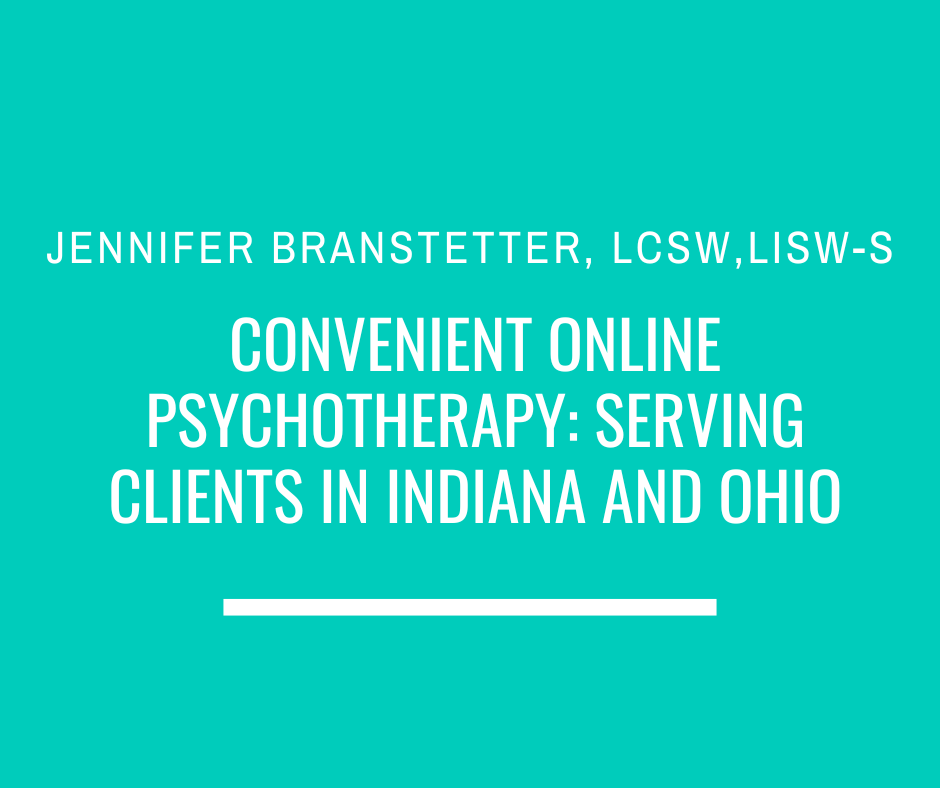
Convenient Online Psychotherapy: Serving Clients in Indiana and Ohio
Offering convenient and effective online psychotherapy for residents of Indiana and Ohio. Access virtual cognitive behavioral therapy to manage anxiety, stress, and more from the comfort of your home.